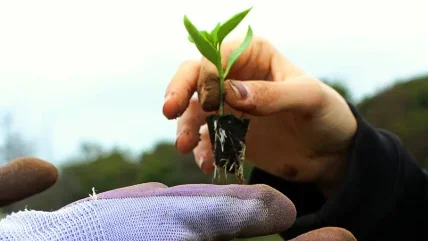
Israeli speciality minerals company ICL has acquired Custom Ag Formulators (CAF), a North America-based provider of customised agriculture formulations and products, for up to $60m.
CAF is engaged in providing a diverse range of liquid adjuvants and enhanced nutrients, along with several other speciality products.
The company operates two manufacturing facilities in the US, one in Fresno, California, and the other in Adel, Georgia, and both sites produce liquid and dry formulations.
The facilities and their strategic locations allow CAF to ship products on the same day to key regions on both the East and West Coasts and to the Central US.
CAF principal and sales director Patrick Murray said: “Custom Ag Formulators was founded to provide quality products with custom formulations and packaging in a timely and efficient manner.
“For more than 25 years, our mission has been to consistently lead the industry in customer service, quality and product innovation, and we are excited to move this mission forward with ICL Group.”
ICL provides impactful solutions in the food, agriculture, and industrial markets and employs more than 12,000 people worldwide, generating total revenues of around $7.5bn last year.
The company leverages its unique bromine, potash and phosphate resources, global professional workforce, and sustainability-focused R&D and technological capabilities.
ICL said that the acquisition of CAF, its second purchase this year, expands its Growing Solutions product offerings and enables further growth in new and adjacent end markets.
ICL growing solutions president Elad Aharonson said: “We are pleased to have Custom Ag Formulators join ICL and bring their expertise to our customers in the US.
“This acquisition helps further the growth of our global Growing Solutions business by enabling us to meet the distinctive needs of local growers through our existing distribution partners.
“It also allows us to address the specific requirements of farmers across the growing regions of the West Coast and the Southeast, where crops – and their nutritional needs – can vary greatly.”






